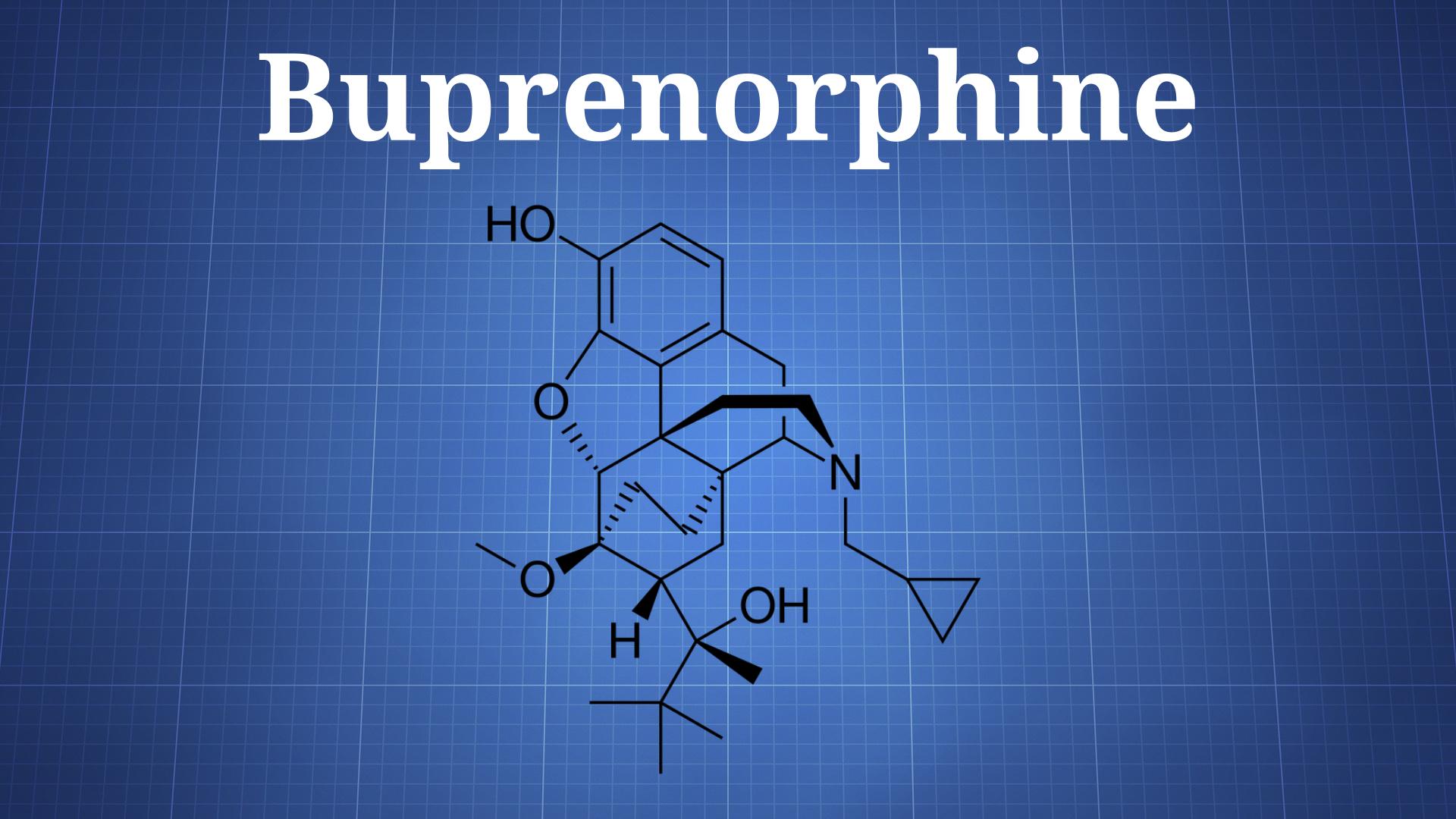The Push to Deregulate Buprenorphine
There has been a push by health directors and a growing number of physicians to expand substance use treatment by allowing doctors to prescribe buprenorphine. The reasoning for the push is simple; if doctors can prescribe opioids, they should be allowed to prescribe drugs to treat opioid addiction. Since buprenorphine and other medications are highly regulated, allowing doctors to prescribe them would represent a sizable shift if how opioid addiction is treated.
The Theory Behind Deregulation
The push from healthcare professionals has received extra attention from Congress. Recently, New York Representative Paul Tomko introduced legislation that would allow medical practitioners who are licensed to prescribe controlled substances to also prescribe buprenorphine. Deregulating buprenorphine would make it easier for people to get professional addiction care from their own doctors instead of going through the often-frustrating process of finding treatment programs that may not have the quality programs needed to help those struggling with addiction.
Currently, physicians must undergo an eight-hour training to prescribe buprenorphine. For nurse practitioners and physician assistants, they must undergo a 24-hour training program. Tomko stated in an interview that allowing doctors to administer buprenorphine and other addiction medications opens up more avenues for treatment:
“These professionals can use their training and skill and ability to provide medication for treatment of pain… (deregulation) removes unnecessary obstacles and really expands the access we’ve created to provide for treatment on demand.”
Deregulating buprenorphine also is advantageous in the fact that doctors are on the front lines and can provide crucial care and support. Dr. Andrew Kolodny, co-director of the Brandeis University Opioid Policy Research Collaborative, stated the following:
“For your average person who is opioid-addicted, who may have a relationship with their primary care doctor who they know and trust…there’s a 95% chance that doctor is going to have to say: Well, let’s find a place to send you.”
Opposition to Deregulation
Despite the benefits, the current push in deregulating buprenorphine is running into significant opposition. The main sticking point in deregulation is the fear that it would encourage the use of these medications illegally on a street level. In the past few years, the DEA has raided numerous doctors’ offices who have prescribed addiction medications. There are also concerns that doctors prescribing addiction medications without proper training can have negative consequences.
However, it can be argued that people obtaining these medications illegally stems from the lack of viable and legitimate treatment options. Additionally, the risk of addiction to buprenorphine is significantly lower when compared to similar medications such as methadone. However, there needs to be a strong system in place where people who receive addiction medications such as buprenorphine receive further help and resources and not the medication itself.
If you or a loved one has further questions on addiction medications such as buprenorphine, contact Drug Program Rehab Journal toll-free at 1-800-205-1201. Our experienced team of professionals can give you the information and resources you need to make the most informed decisions for your health and recovery.

